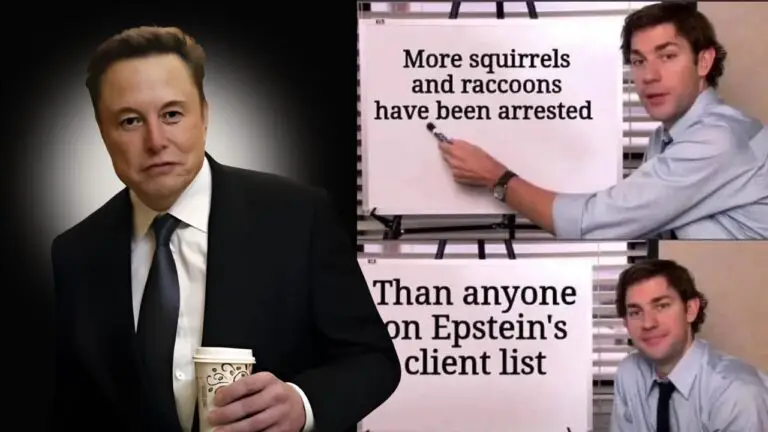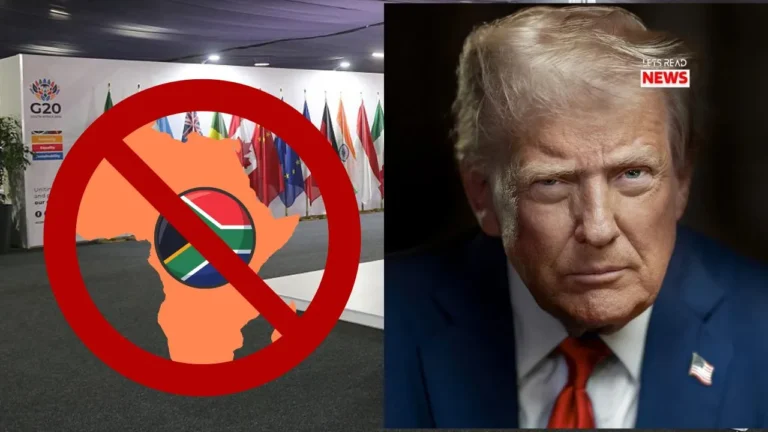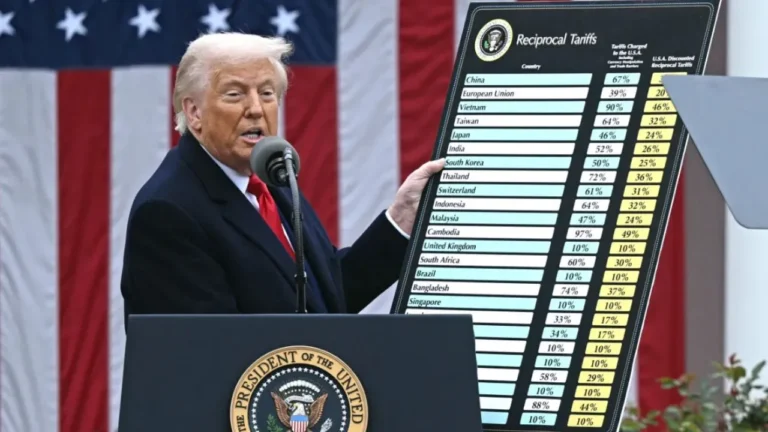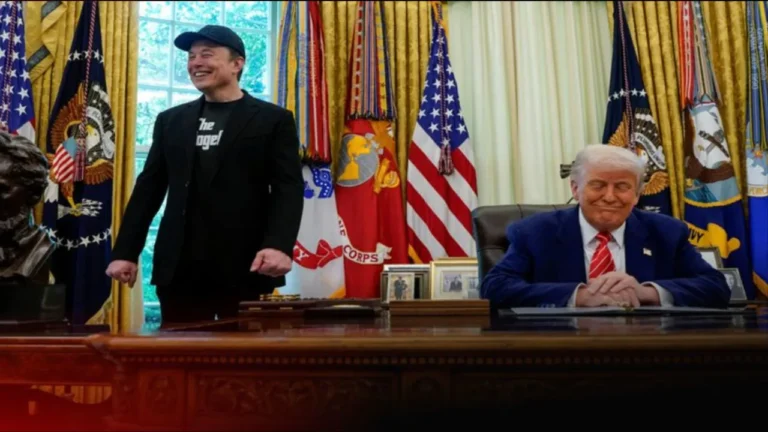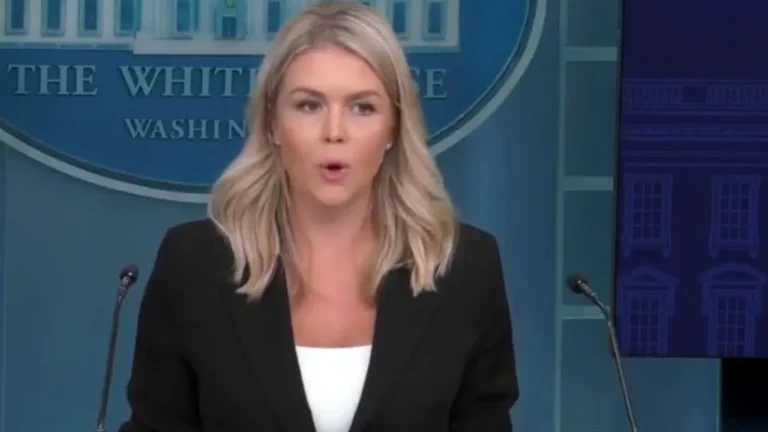Trump’s G20 Boycott Casts Shadow Over Africa’s Historic Summit Debut
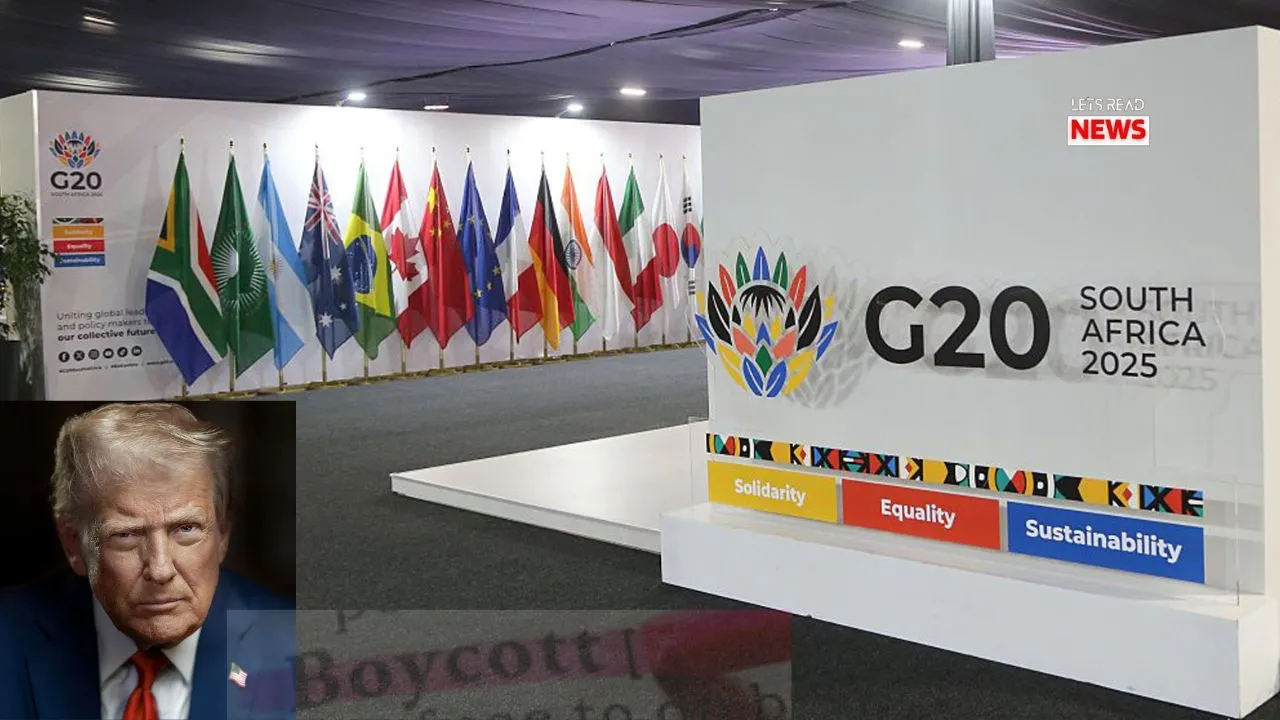
The vibrant energy of Johannesburg’s Nasrec Expo Centre buzzed on Saturday as world leaders gathered for a milestone: the first Group of 20 summit on African soil. Banners emblazoned with the theme “Solidarity, Equality, Sustainability” fluttered alongside flags from 18 nations, the European Union, and the African Union. French President Emmanuel Macron arrived to cheers from local dancers, Indian Prime Minister Narendra Modi exchanged warm greetings with Australian counterpart Anthony Albanese, and German Chancellor Friedrich Merz posed for photos amid the city’s upgraded freeways – a rare facelift for a metropolis plagued by power cuts and potholes.
Yet, amid the pageantry, one glaring absence loomed larger than the others: the United States. In an unprecedented snub, President Donald Trump has ordered a complete boycott of the two-day gathering, citing long-debunked allegations of persecution against South Africa’s white Afrikaner minority. “Afrikaners are being killed and slaughtered, and their land and farms are illegally confiscated,” Trump fumed in an early November Truth Social post, labeling the summit a “total disgrace.” The claims, echoed by far-right voices online, have been repeatedly refuted by South African courts, independent fact-checkers, and even prominent Afrikaner groups like the Betereinders, who erected billboards urging Trump to “think again.”
South African President Cyril Ramaphosa, chairing the summit with characteristic poise, dismissed the drama as “boycott politics that doesn’t work.” “Their absence is their loss,” he quipped during a pre-summit press conference, vowing to symbolically hand over the rotating G20 presidency – due to pass to the U.S. on December 1 – to an “empty chair” if needed. White House Press Secretary Karoline Leavitt fired back, accusing Ramaphosa of “running his mouth” against Trump and confirming no U.S. officials would join official talks – only a low-level embassy chargé d’affaires for the ceremonial handover.
The boycott, first announced on November 7, marks the first time the U.S. – a founding G20 member representing 25% of global GDP – has skipped a leaders’ summit entirely. It stems from a months-long rift, exacerbated by a tense May White House meeting where Trump confronted Ramaphosa with misleading videos purporting to show violence against white farmers. Secretary of State Marco Rubio had already boycotted earlier G20 ministerial meetings, decrying the agenda’s focus on “DEI and climate change.” Argentina’s President Javier Milei, a Trump ally, joined the walkout, sending only his foreign minister. Other no-shows include China’s Xi Jinping (represented by Premier Li Qiang) and Russia’s Vladimir Putin, the latter citing an ICC arrest warrant.
Despite the diplomatic chill, the summit pressed forward with an ambitious agenda tailored to the Global South’s priorities – a pointed contrast to Trump’s vision for a streamlined 2026 gathering at his Doral, Florida, resort. South Africa, assuming the presidency in December 2024, has championed four pillars: bolstering disaster resilience, sustainable debt relief for low-income nations, financing a “just energy transition,” and equitable access to critical minerals like lithium and cobalt – resources Africa holds 30% of globally but sees little profit from.
Delegates huddled over a draft leaders’ declaration emphasizing climate adaptation funding – a non-binding accord Trump opposes – with UN Secretary-General António Guterres urging developed nations to “double down” on $100 billion annual pledges. The European Union sealed a new critical minerals pact with Pretoria just hours before kickoff, while Macron lamented the U.S. absence but insisted, “It should not block us. We have so many challenges.”
On the sidelines, Johannesburg’s streets pulsed with parallel activism: Thousands of women in black marked a national day against gender-based violence, lying flat in parks to spotlight South Africa’s femicide crisis – a stark reminder that global talks must translate to local impact. As Ramaphosa noted, the G20 represents 85% of world GDP but only two-thirds of its population; this summit aims to rebalance that ledger.
Critics warn the U.S. pullout could hobble consensus, with American diplomats reportedly pressuring for a watered-down “unilateral statement” over a joint declaration. South Africa’s foreign ministry called it “coercion by absence,” but Ramaphosa stood firm: “We will not be bullied.”
As the sun set over Soweto – once Nelson Mandela’s home – the message from Africa’s G20 debut was clear: The continent is no longer waiting for permission to lead. Whether Trump’s isolationism will embolden or isolate the U.S. come 2026 remains the summit’s lingering shadow. For now, Johannesburg proves the world can turn – and deal – without Washington at the table.

